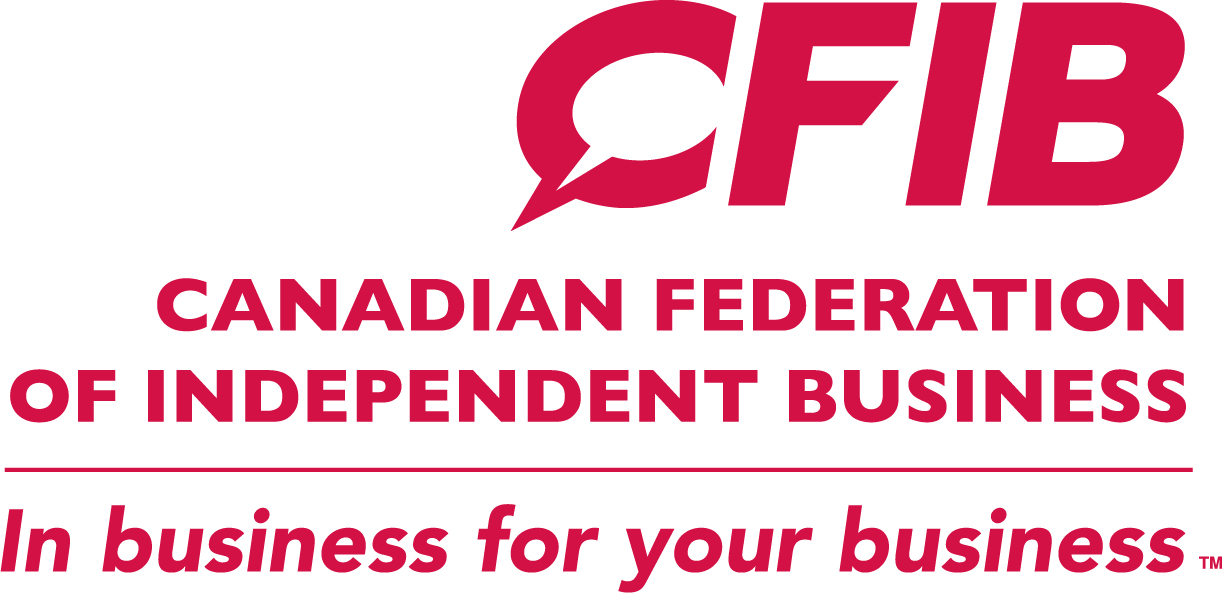Nearly three quarters of small business owners plan to exit their business within the next 10 years Français
Who will fill their shoes?
TORONTO, Nov. 28, 2018 /CNW/ - Over $1.5 trillion in business assets will be in play over the next decade, as nearly three quarters (72 per cent) of small business owners intend to exit their business, according to a new survey by the Canadian Federation of Independent Business (CFIB).
"Successful business sales or transfers can save or even create jobs, keep local communities prosperous and continue to grow Canada's economy. With many baby boomers planning to retire in the coming years, business succession is a major concern. We need to do everything possible to ease the transition," said Corinne Pohlmann, CFIB senior vice-president of national affairs, in advance of her presentation to the Conference Board of Canada. "Ultimately, a well planned and executed transition is not only critical for the success of the business, but also for Canada's ongoing competitiveness and economic prosperity."
Are small business owners prepared for their departure?
The vast majority of business owners (81 per cent) intend to sell or transfer their business to retire, although only a fraction of them have started planning for their departure. In fact, 51 per cent have no plan at all, while a mere 8 per cent of respondents have a formal written plan and 41 per cent have an informal plan. Nearly half of business owners (48 per cent) plan to sell to third parties, while others prefer to pass their business on to one or more family members, whether through a sale (25 per cent) or a transfer (21 per cent) such as an inheritance.
But are younger generations of entrepreneurs ready? Finding a suitable successor or buyer is the main hurdle to succession cited by survey respondents (56 per cent). With this in mind, CFIB recommends that small business owners start planning for their succession early on and prepare for the unexpected by working out several potential exit strategies.
CFIB is also urging the government to raise the lifetime capital gains exemption threshold to $1 million for all small and medium-sized businesses. Currently, only fishers and farmers have a lifetime capital gains exemption threshold of $1 million. In addition, CFIB is asking that government treat the taxation of sales to family members in the same way that sales to third parties are treated. These are important measures for small business owners as they often rely on the sale of their business to fund their retirement.
"Under the current rules, business owners pay higher taxes when they sell to a family member than when they sell to a stranger. It doesn't make sense. Governments, financial advisors and financial institutions need to work together to encourage business succession and facilitate business transfers," concluded Pohlmann.
To read all of CFIB's recommendations, see the full report: Getting the Transition Right. Corinne Pohlmann will be presenting the results today at the Conference Board of Canada's Entrepreneur & Investor Immigration Summit in Ottawa.
About CFIB
The Canadian Federation of Independent Business (CFIB) is Canada's largest association of small and medium-sized businesses with 110,000 members across every industry and region. CFIB is dedicated to increasing business owners' chances of success by driving policy change at all levels of government, providing expert advice and tools, and negotiating exclusive savings. Learn more at cfib.ca.
SOURCE Canadian Federation of Independent Business

For media enquiries or interviews, please contact: Milena Stanoeva, CFIB, 647-464-2814, [email protected]

Share this article